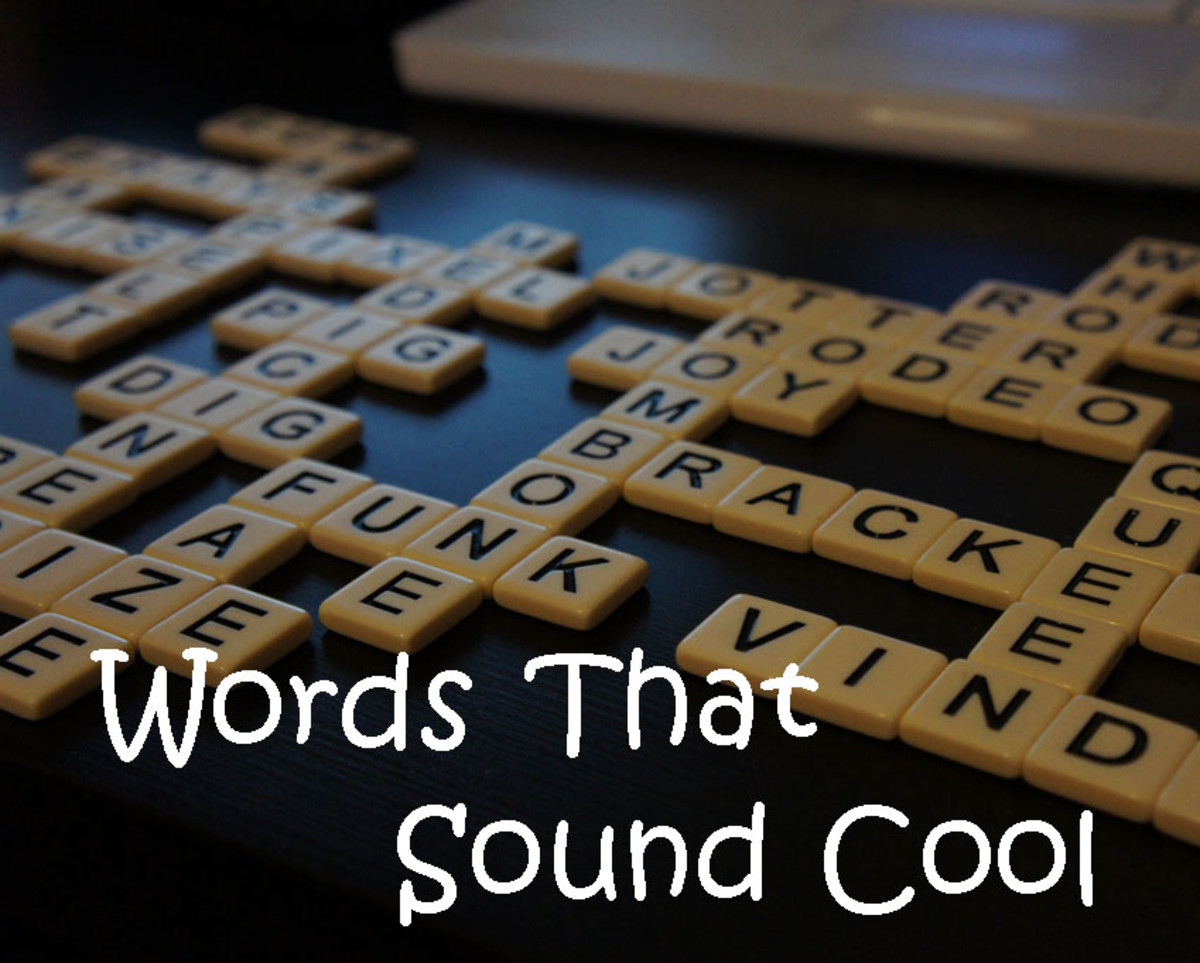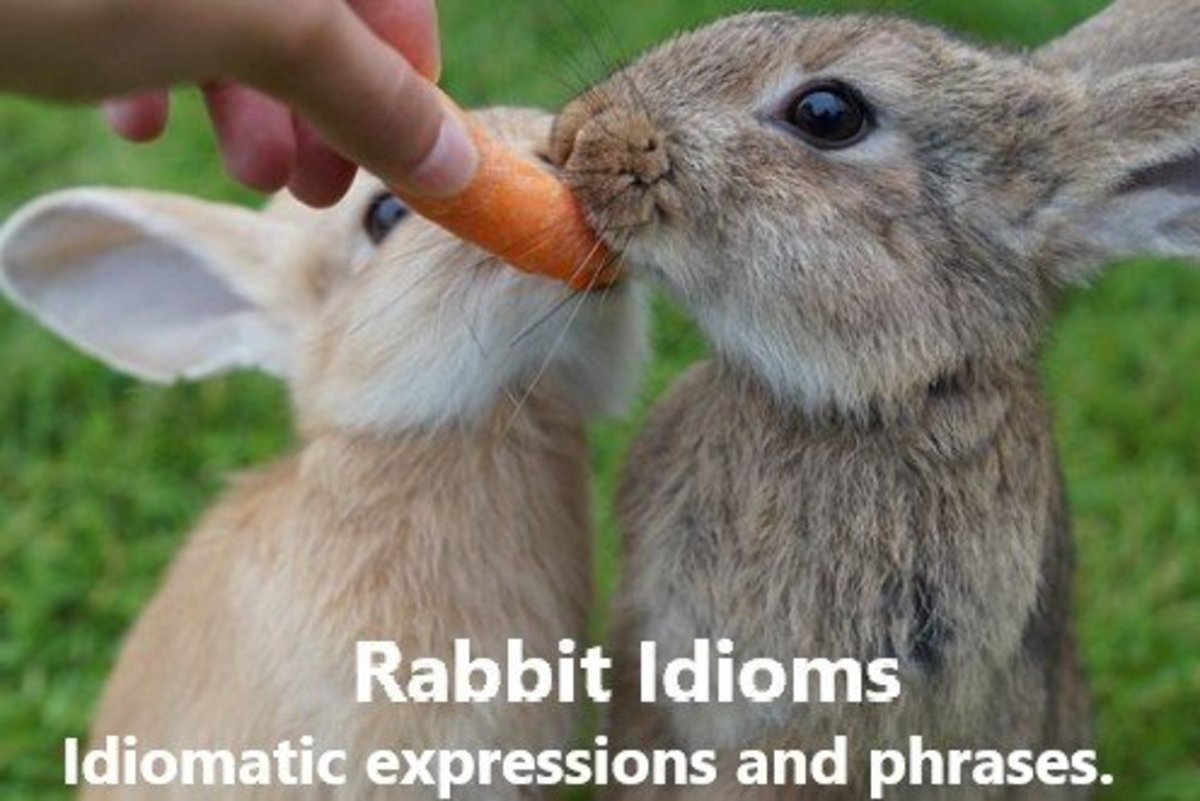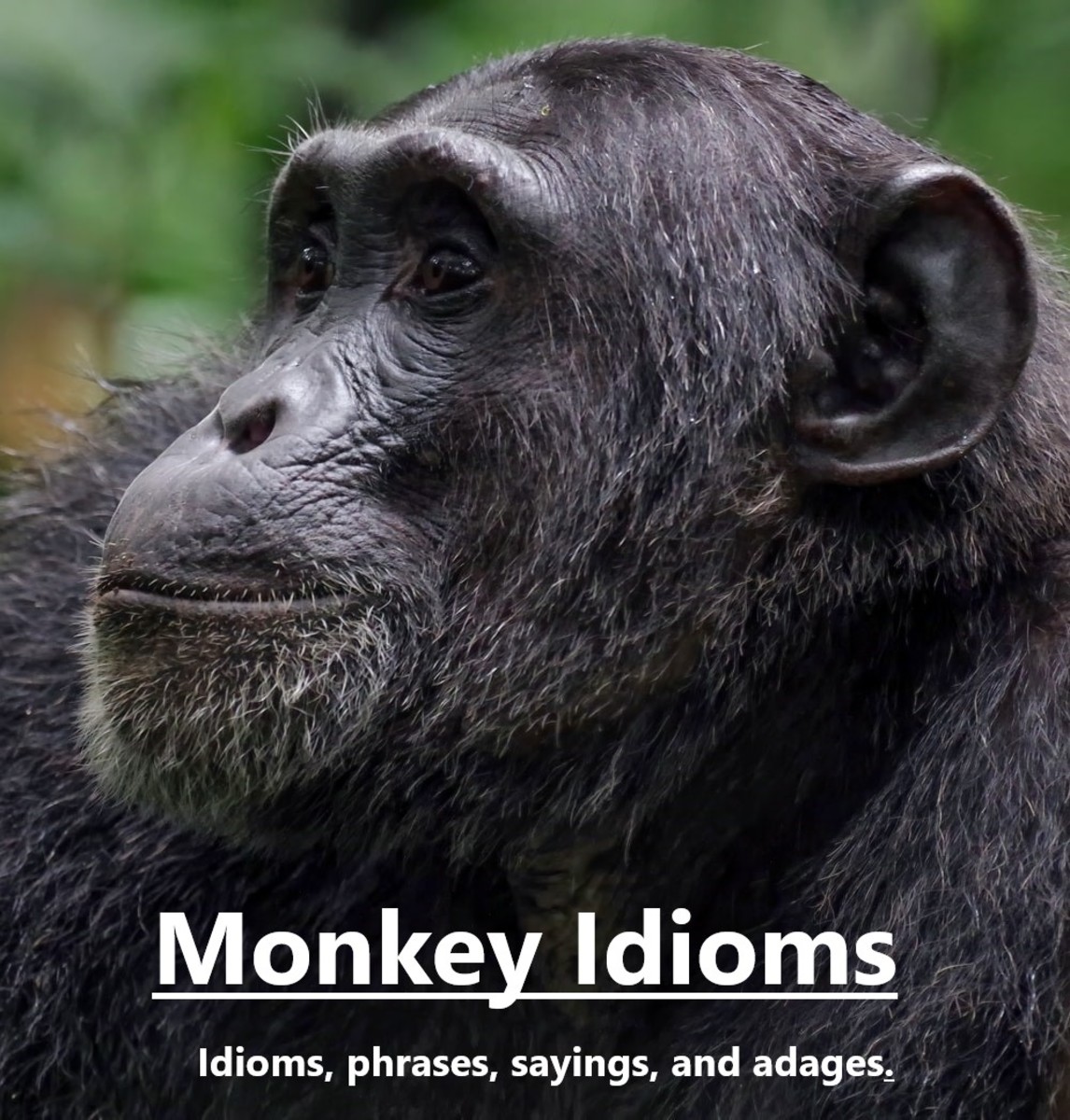Double Negatives

Double Negatives In Sentences
What is a double negative? A double negative can be defined as using two negative words in the same sentence in order to turn the sentence or statement into a positive one.
An example of a sentence containing double negative is:
I didn’t say nothing.
From the sentence above you notice that we have two negative words, namely ‘didn’t’ and ‘nothing’. This is a typical example of sentence containing a double negative.
If you look closer at the sentence above, you will notice that the sentence is a positive one even though the sentence contains two negative words.
“I didn’t say nothing” can be interpreted to mean “I said something”
If someone says they didn’t say nothing, what they actually mean is that they said something.
What happens with a sentence that contains double negative words is that the two negative words used in the sentence will end up canceling each other and turning the whole sentence into a positive one. This is the reason why the statement: “I didn’t say nothing” turns into the positive statement “I said something”.
How are double negatives formed?
Double negatives are normally formed by putting together the negative form of a verb and the negative form of any of the following parts of speech: a pronoun, an adverb, adjective, or a conjunction in the sentence.
For example in the sentence: I didn’t say nothing”, we notice that there is a combination of the negative form of the verb “didn’t” and the negative pronoun “nothing”.
Majority of double negatives contain a negative form of a verb.
Examples:
- He didn’t give me nothing. (Negative verb ‘didn’t’ plus negative pronoun ‘nothing’)
- The book isn’t uninteresting. (Negative verb ‘isn’t’ plus negative adjective ‘uninteresting’)
- We aren’t totally unconvinced by your words. (Negative verb ‘aren’t’ plus negative adjective ‘unconvinced’)
- I haven’t never seen a building this magnificent. (Negative verb ‘haven’t’ plus negative adverb ‘never’)
- They don’t know neither my wife nor my children. (Negative verb ‘don’t’ plus negative conjunction ‘neither/nor’)
How common is the usage of double negatives?
In formal language, it is very rare for you to see a writer or speaker using double negatives. We will soon get to know why double negatives are very rare in formal writings and speeches. In informal speech however, double negatives are pretty common. They are also very common in the lyrics of songs and poems. A good example of a double negative used in a song is the song “I Can’t Get No Satisfaction” by the Rolling Stones.
When you look carefully at the phrase “Can’t get no satisfaction”, you will notice that the phrase contains two double negatives: "can't" and "no".
One thing about double negatives is that they can be very fun and interesting to use. And this is the reason why they are quite popular in many song lyrics and informal settings.
But wait a minute! Is it grammatically correct to use double negatives in sentences?
Although the use of double negatives is acceptable in some languages, when it comes to the English language, many English grammarians strongly discourage their use in sentences. There are quite a number of reasons why these grammarians discourage the use of double negatives, among these reasons include these two most prominent reasons:
- The use of double negatives leads to poor grammar.
- Double negatives can be very confusing to the listener or reader.
The second reason is probably the major issue that I personally have with the usage of double negatives in sentences. It can sometimes be enormously confusing what the speaker is trying to say when he or she uses double negatives in a sentence. Although a double negative ends up giving the sentence a positive connotation, sometimes it gets to a point where a positive sense is not what the speaker intends to send across. This is the problem that I personally have with the usage of double negatives, and I guess I’m not the only one with this problem. A lot of grammarians and native English speakers stay away from double negatives because of the issues mentioned above.
So instead of saying two negative words in a sentence like: I didn’t see nothing, the speaker should just say “I saw something” (that is if he really intends giving the sentence a positive connotation) or the speaker should just go in for a single negative word and make the sentence like this: I didn’t see anything (that is if he wants to express a single negation).
I guess everyone would agree with me that the sentence with the single negative word is easier to write and understand than the other sentence with the double negative words.
NOTE: Prior to the 16th century, the use of double negatives was considered very normal and was therefore very common in the English language. But today things have changed. Although they are still widely used, they are not considered acceptable in formal English since grammarians consider them to be ungrammatical.
WARNING: It is not advisable to use double negatives in any formal speech or writing. You can however, use them in informal settings.
Below is a table containing several examples of double negatives used in sentences:
Double negatives
| Negative words
|
|---|---|
She doesn't know nothing
| doesn't, nothing
|
She isn't unlucky
| isn't, lucky
|
I don't have no money
| don't, no
|
The medicine won't do you no good
| won't, no
|
He can't get no satisfaction
| can't, no
|
I ain't got no time for that
| ain't, no
|
He never dances with nobody
| never, nobody
|
I can't find the money nowhere
| can't, nowhere
|
The man said he didn't still nothing
| didn't nothing
|
I don't have nobody to go out with tonight
| don't, nobody
|
They don't want no one to see them
| don't, no
|
This custom is not uncommon in many parts of Africa
| not, uncommon
|
We don't want nobody to help us
| don't, nobody
|
His inventions are not nonsensical
| not, nonsensical
|
I hardly have no water
| hardly, no
|
She isn't unfaithful to you
| isn't, unfaithful
|
I did not barely understand what you were saying yesterday
| did not, barely
|
I think we really don't need no education
| don't, no
|
Doesn't nobody love me?
| doesn't, nobody
|
I can't get no love
| can't, no
|
We don't need no lies
| don't, no
|
Since his accident, he doesn't visit her seldom
| doesn't, seldom
|
The committee was not unconvinced by Suarez's arguments
| was not, unconvinced
|
There isn't nothing to do
| isn't, nothing
|
I can't find nothing to occupy me this afternoon
| can't, nothing
|
This is certainly not insignificant
| not, insignificant
|
© 2014 M Y Venn



